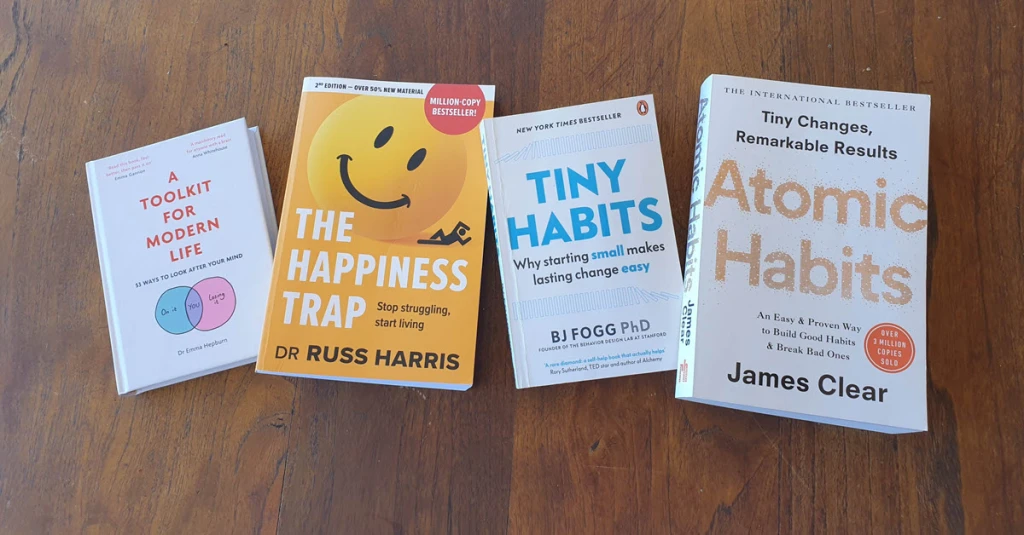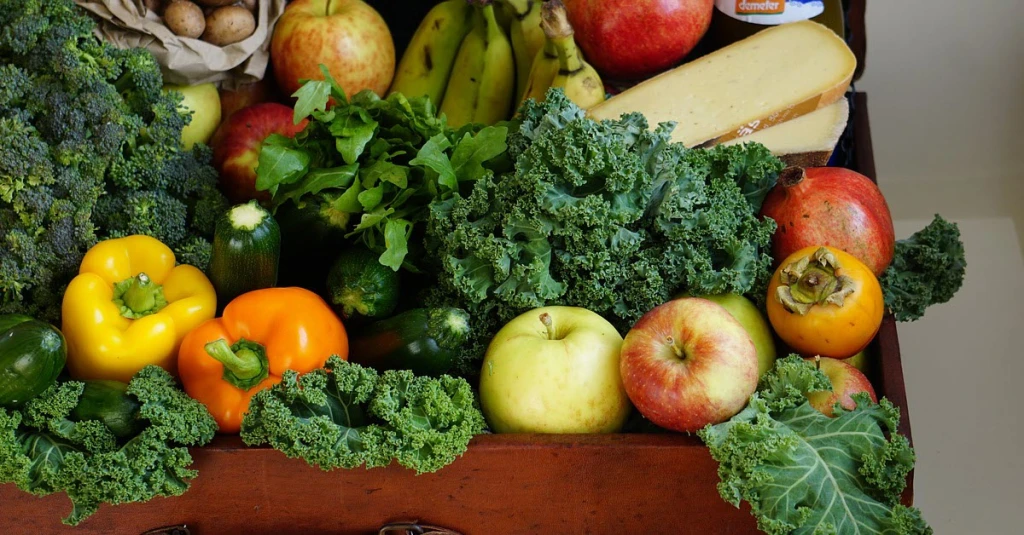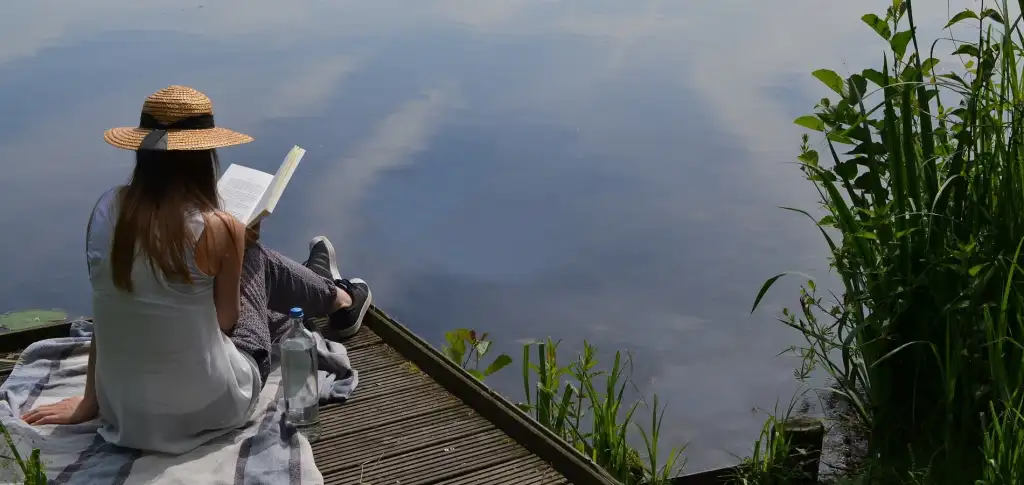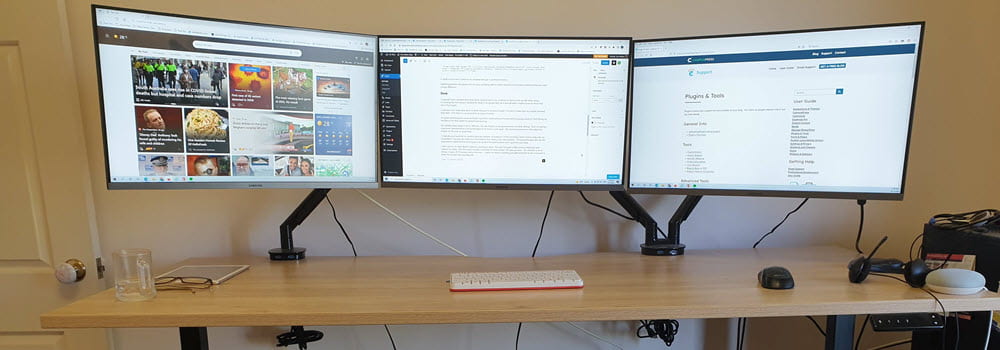In April I will be giving a keynote address to the TCC Worldwide Online Conference titled ‘Global Collaboration in the Web 2.0 World’. It’s focus will be on the types of collaborative projects educators are using with their students, the reasons why they become involved in these projects and the tools used for the collaboration.
Like with all my other presentations, I like to model the process so I’m hoping you will help demonstrate the power of collaboration by providing your input and as always I will share my research!
Please note: My use of the term global projects ranges from smaller sized projects such as student blogging to a global audience or skype conversations with other classrooms through to the larger scale projects that involve lots of students working together and collobarating on tasks with students in different timezones.
So can you please leave a comment or write your own blog post to let me know:
- What are some of the global collaboration projects you have been involved with? Can you include the approximate grade/year level of your students?
- Why did you become involved in these projects and what were some of the benefits to your students?
- What were the main web tools used to manage the projects?
- What tips/advice would you give others to ensure that these projects run smoothly?
- Also can you recommend projects that you haven’t been involved with but are good examples of collaboration done well? I would really love some examples from higher education.
- Can you also ask your network to answer these questions?




Leave a comment